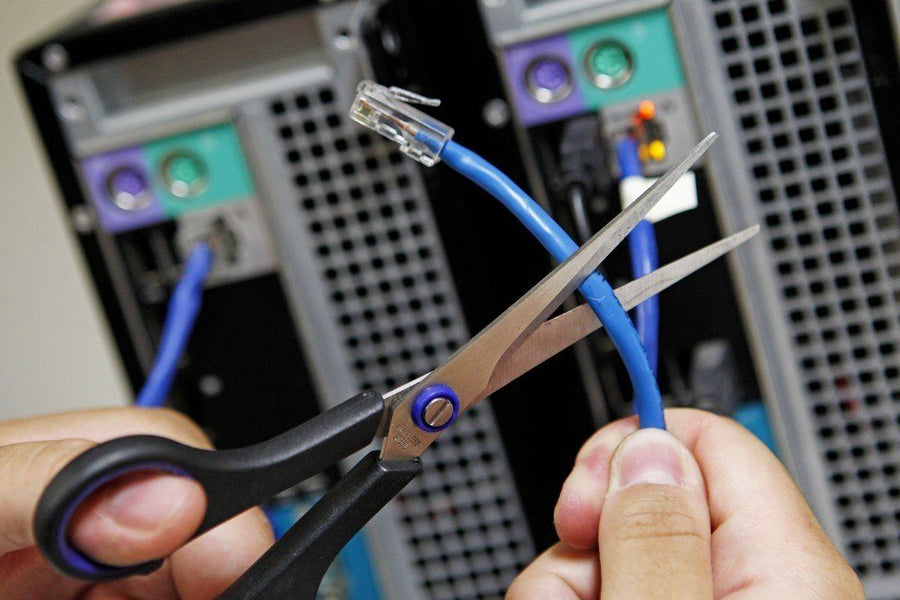Based on its setup, unthrottled Internet is promising and can take the Internet plus associated technologies to the next level. However, only a few ISPs provide a truly unthrottled Internet – Nomad Internet being among the few. Here is a look at some of the impediments that are holding back unthrottled Internet.
Lack of standards
The lack of standards on unthrottled Internet contributes to the regular capping by notorious ISPs. With no standards that inform ISPs how best to approach the issue of unthrottled Internet, they are free to use their Internal guidelines on the matter. Since they are in business, they will create standards that favor their growth rather than the customer.
The Net Neutrality factor
Net Neutrality holds that it is not right for ISPs to block some data and prioritize another. Any data going through the cell towers and cables ought to be treated in equal measure. Under such a requirement, the ISP is practically made unable to practice Internet capping. A throttled Internet's essential operation is that it assesses the traffic going through the ISP infrastructure and chooses whether to block it or pass.
The Federal Communications Commission, with support from the Bush administration, worked hard to make Net Neutrality a reality. Thanks to these requirements, numerous innovative online companies like Amazon and eBay became a reality. However, in 2015, the policy was reversed, taking the fight for unthrottled Internet back to the drawing board.
Revoking the initial net neutrality requirements passed by the FCC meant ISPs were free to block or throttle content at their discretion unless the courts or Congress reversed the move.
A minimal investment in infrastructure
One of the main reasons for Internet throttling is to ensure that the total traffic can comfortably access some data. That is, the ISP gauges your Internet usage. When you are noted to access high-bandwidth platforms like Netflix, you may be throttled because your actions could hinder other user's experiences. Such an approach is adopted with the assumption that it is best to get you minimal browsing than block your experience entirely.
If an ISP throttles due to infrastructural limitations, then that means they have made a minimal investment in their systems. Going the extra mile of setting up systems that can accommodate more users reduces the need for throttling.
Ignorance on the consumer part
Sometimes Internet throttling happens because the consumer has not demanded hard enough for better quality or does not know what they deserve. You have the right to get high quality of service since you do pay for it. If your purpose of installing home Internet is to use it to watch Netflix and other streaming platforms, your ISP should not stop you from doing so. They should deliver the service for which they charge you. You can demand better quality service, knowing that you have the option to move to another ISP that does not practice throttling.
